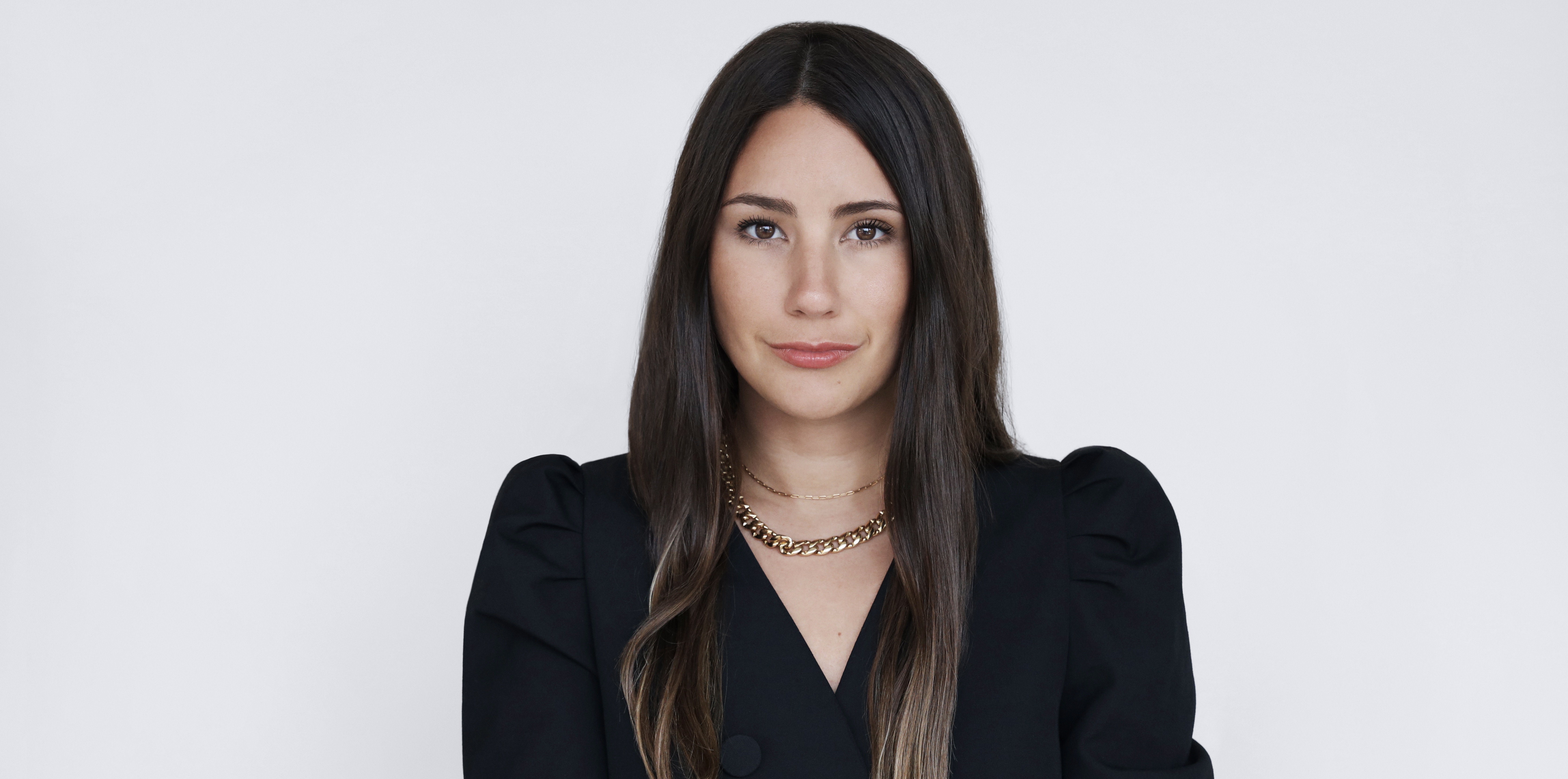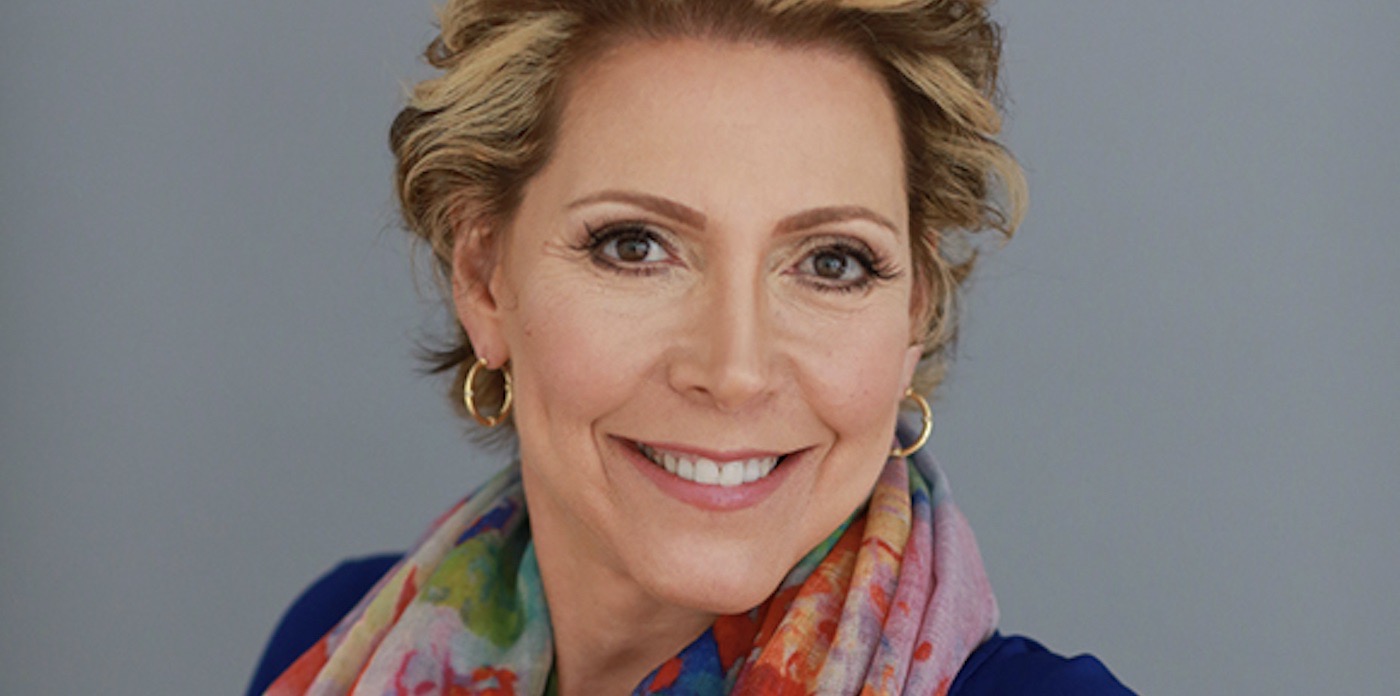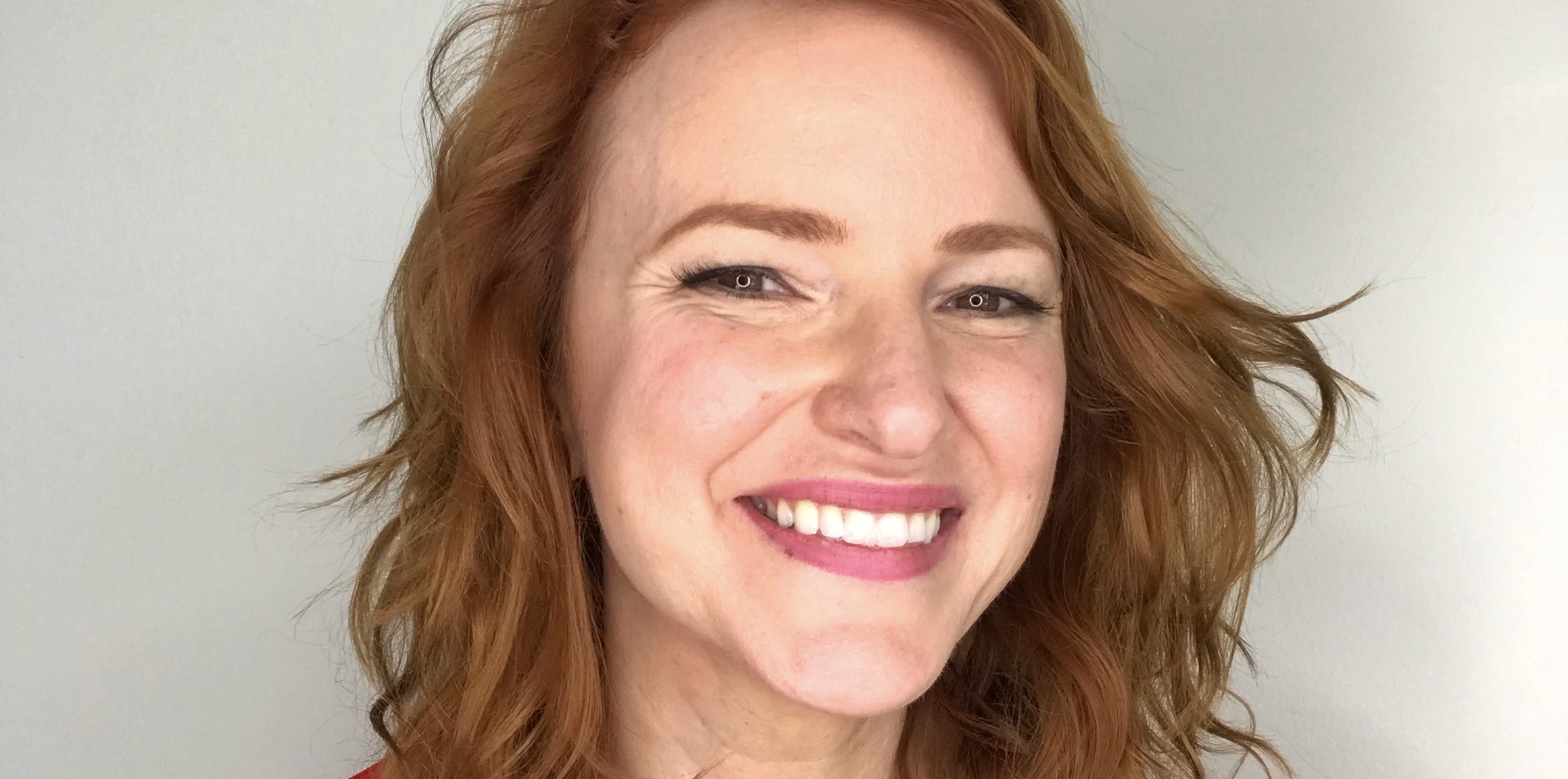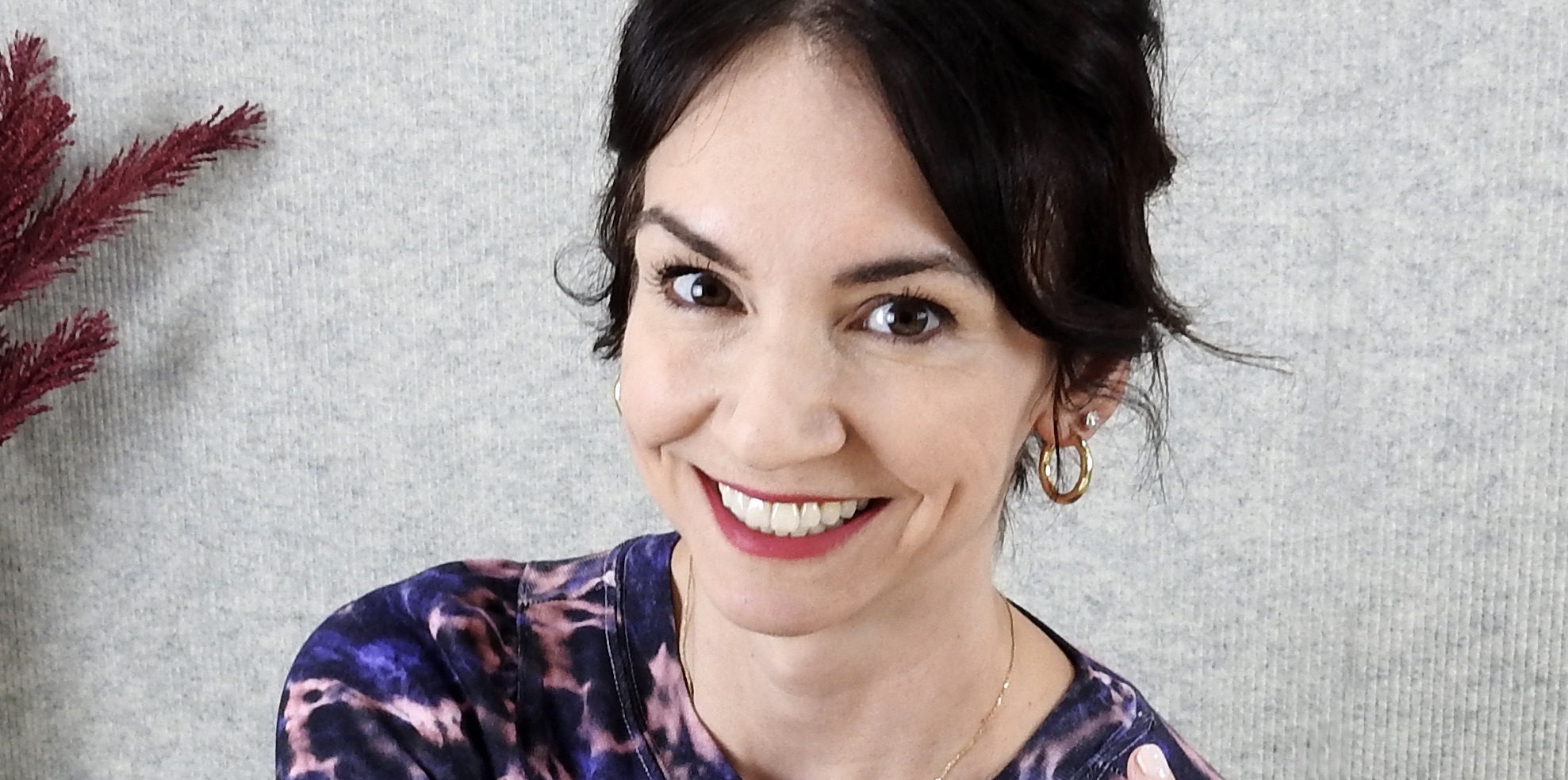As an entrepreneur, the only thing you can count on with confidence is that the road ahead will be filled with uncertainty. As much as you can strategize and plan, it’s truly impossible to know exactly what will happen with your industry, your product, or the economy.
But, as the following 21 women entrepreneurs have already discovered, there are plenty of actionable steps you can take to ensure your company is primed for whatever the future may hold. From staying abreast of current events to proactively collecting feedback and delivering exceptional products and services, there are many ways you can stay ahead of the curve.
No one can predict the future. But incorporating resilience-building activities sooner than later can help alleviate hardships that may be on the horizon.
Willow Hill
Co-Founder and Chief Creative Officer at Scout Lab, an award-winning creative agency building purpose-driven brands for the next generation.

How to future-proof your business: There is no way to 100 percent future-proof your business because there is no way to be completely sure of what the future will bring. With that information, we can strategically design our workforce for agility, resilience, and adaptability. Keeping these three core tenets in mind when hiring, training, and building teams can create long-term success regardless of what the future brings.
My advice: As leaders, our role is not to be heads down. It is to be heads up, looking around the next corner. So there is a natural amount of longevity concern that is healthy and will always be part of your job. With that said, beyond evaluating your burn rate, margins, and market, it is important to pay attention to culture. Look for subtle shifts to indicate how your customer and employee needs may be changing.
Ada Chen
Founder and CEO of Chuan's Promise, a natural skincare brand focused on sustainability and inclusivity.

How to future-proof your business: Proactively build flexibility into your operating model. For DTC brands like Chuan's Promise, we've done this in a few ways. For example, we've diversified our supply chain and built relationships with new suppliers to minimize the risk of delays and supply chain disruptions. This flexibility means that we can keep production up and running, even if we run into unexpected issues. We've also become more creative problem solvers and have learned to adapt to changing situations quickly, like last-minute photoshoots or collaboration requests.
My advice: Ask yourself if this is a business you want to continue in. Oftentimes, we continue operating as we have been, without stopping to think or reflect on whether that's the right decision to make. If you're stressed or anxious about the longevity of your business, use this as an opportunity to evaluate whether or not you want to continue running your business this way. And, if not, make changes to improve.
Annelise Hillmann
Co-Founder and CEO of FRONTMAN, the Gen Z acne care brand for men reimagining men's grooming.

How to future-proof your business: Work with young people. As a Gen Zer, I saw how older legacy brands refused to listen to or adapt with new generations and suffered because of it. In these organizations, often younger team members are undervalued and their ideas are not taken seriously. We purposely built a team that understands the needs of our Gen Z audience, and we'll continue to work with young talent with unique perspectives.
My advice: Don't double down on old strategies that aren't working when you can feel the tides are turning. Constantly be testing new strategies and channels to see where the next area of opportunity lies.
Ashita Shah
CEO of Arunashi, a combined 11th-generation fine jewelry atelier that specializes in rare and one-of-a-kind gemstones.

How to future-proof your business: In the fine jewelry and luxury space, I can't stress the importance of customer service, quality, and consistency enough. Everyone wants to be treated well consistently and they want to be heard. Ignore them and they will find an alternate. Keep them happy and they will be yours for generations to come.
My advice: Stay true to who you are and to your personality. It is your personality that sells a product or service. It is your conviction and sincerity that makes people believe in the product. If you don't believe in it, others will see right through eventually.
Nichole Pitts
Founder and CEO of Ethintegrity LLC, a boutique consulting firm focusing on a culture-based approach to diversity, equity and inclusion, and ethics and compliance.

How to future-proof your business: I found the key to future-proofing my business was staying on top of the news and the conversations on social media. Ethics and DEI are a constantly changing landscape, which requires listening to understand new points of view and how to incorporate those into the services I offer to businesses to help them operate in an ethical and diverse manner.
My advice: Understand your ideal client and stay on the journey with them. As they evolve, so should your business. Also, ensure that you are operating as your authentic self. People gravitate to those who show up as themselves because they feel a sense of kinship and connection like they can trust you to solve their problem because you are open and honest with them.
Allyson E Cote
Co-Founder and CEO of Ocean State Shields, LP, an award-winning, hands-on public health innovation and manufacturing/education enterprise.

How to future-proof your business: Inspired by the challenges of the pandemic, we initially responded with a suite of contract manufactured innovations. As we forge ahead into the future, I have pivoted the company to include in-house manufacturing, community engagement via strategic partnerships, and achieved my own certification as a machinist. Supply chain and labor shortages impact us all. I am currently one of the few women able to walk R&D through design, prototyping, and production.
My advice: It's all about relationships. Seek out vertical partners who can work jointly with you. Apply for appropriate funding as often as possible. OSS inked an agreement with UMASS Dartmouth for our newest product. Aligning with universities is always a huge boost for credibility, introductions, and partners you can reference.
Kimone Napier
Founder and CEO of Hire Breakthrough, helping founders take the breakdown out of their hiring breakthrough.

How to future-proof your business: I encourage all my clients to create a 10-year strategic plan about what they want to achieve in their business. In this plan, you’ll define your company culture, build your organizational structure, and predict your future demands. Start by surveying your ideal customers to get ideas and feedback about tenants you can put into place now to be prepared for the future.
My advice: I’d recommend listing out all your worries and determining a possible solution for each one. In addition, stay informed of all trends in your industry so you know when to launch a new product or pivot. This is how your business can stay ahead of the game.
Jamie Ruden
Founder of Be Spotted, a pet marketing agency supporting pet products and service providers to stand out from the pack.

How to future-proof your business: Before launching your business, reach out to people outside of your network who you believe would be your key demographic. You know it’s a good idea; your friends and family share the same notion. But to truly know it’s a great product or service, it’s best to ask questions of people who you’ve never met. There’s a great book called The Mom Test by Rob Fitzpatrick. It helps identify the right questions and how to best frame said questions to ensure you’re getting authentic answers.
My advice: After talking to many entrepreneurs, I noticed a trend of successful versus unsuccessful companies: a founder's inability to pivot. They’re married to their idea and continue to dive deeper into a product or service that has proven time and time again to not be successful. Receive feedback with an open heart and you may find a gem that will propel your business faster than you could have imagined.
Shay Paresh
Founder and CEO of SHAYDE BEAUTY, a skincare line made with melanin in mind.

How to future-proof your business: It’s crucial to adapt to changing circumstances. It's easy to burn through cash fast. Cash is king, so learning to manage it is the single most important financial advice founders can learn early on. I spent a lot of money filling in seats of an organization that was still getting its sea legs. Stay lean so you’re able to pivot, edit, and respond faster.
My advice: Creativity and opportunity exists everywhere. I do think that you have to be radically honest about what you know and what you don’t know, so I really work hard at surrounding myself with people who fill in those skill gaps. I am learning every day. It's a constant pursuit of knowledge to just level up.
Monisha Bajaj
Founder of m times v, a strategy execution training company that helps founders expand their business to meet rising demand with care.

How to future-proof your business: To stay relevant for the future and grow our business today, we collect feedback, reflect, and adapt proactively. We keep a pulse on our buyers and team on a weekly basis, and on market and cultural shifts on a monthly basis. Create internal and external feedback loops based on your business model and industry's rate of change.
My advice: To build a long-lasting business, I find it helpful to keep in mind that your business isn’t static. It’s dynamic. I see evolving as part of the fun of building an enduring business—it nudges me as a founder to grow and embrace new challenges.
Elizabeth Kressel
Founder and CEO of Lizard Strategy, an e-commerce and live shopping agency.

How to future-proof your business: Experiential offerings are the wave of the future, particularly as marketers strive to meet Gen Z’s and millennials’ demands. Live shopping is a great next step, as its format combines the entertainment, authenticity, and shared experiences these audiences crave. Clients are seeing 10X in purchases over what they normally see on their sites, whether they are product or service-based businesses. Furthermore, SaaS-based platforms have made launching an event an easy lift from site integration to hosting to garnering first-party data.
My advice: The evolution of offerings is essential as technology keeps changing our relationship with the consumer. It's important to track generational changes, given their shopping and online behaviors significantly vary. Your company may cater to Gen X and boomers today, but if it can not translate its offering to those younger audiences, it will lose them when those consumers come of age.
Mita Carriman
Founder and CEO of Adventurely, a travel club and meetup app that connects digital nomads to each other and their new local communities.

How to future-proof your business: Have an honest personal mission you deeply believe in, with an unshakable level of devotion. When the pandemic happened and travel came to an unprecedented screeching halt, the main thing that kept my company alive when many travel companies were folding was my decision to keep going simply because I believed so deeply in my personal mission and how Adventurely was solving it. Here we are, two years later, and travel is now at a near all-time high. Digital nomadism is entering the mainstream following the global normalization of remote work.
My advice: Periodically revisit what inspired you to start your entrepreneurial journey, and reconfirm your mission with it. Particularly in moments when things might feel overwhelming or beyond your control, you can take back your control and clarity as an entrepreneur when you revisit the conviction that brought you to start your business in the first place.
Kinsey Wolf
Founder of Lane Collective, a growth strategy consultancy for future-focused startups, specializing in marketing, sales, and operational strategy.

How to future-proof your business: Prioritize your customer experience. Talk to your customers to understand why they purchased, and what they love — and don't love — about your offering. You're looking to understand perceived need and value, so that you can incorporate those learnings into your growth strategy.
My advice: Focus on fundamentals. Trends change, markets shift, and strategies evolve. But happy customers and solid operations is the best future-proofing you can get!
Jacalyn F. Barnett
Founder of The Law Office of Jacalyn F. Barnett, P.C., a boutique law firm concentrating on matrimonial and family law issues.

How to future-proof your business: Sometimes less is more. Keep your business lean and mean. Pay attention to the details.
My advice: The pandemic underscored how essential it is to understand and to master the jobs of everyone in your company. Think of yourself as the understudy for every role in a Broadway show. You need to know everyone's lines so the show can go on and on.
Rachel Kanarowski
Founder of Year of Living Better, a consultancy focused on reducing the risk associated with workforce burnout.

How to future-proof your business: Set a process in place to stay connected to your workforce. Relationship equity often pays dividends in prolonging your team member's stay with your company while unexpected resignations can spiral through your organization as your people are left to shoulder a heavier workload while wondering if the colleague who departed knew something they don't. To address this, commit to weekly one-on-ones between every leader and their team, with an emphasis on middle managers and their direct reports. These meetings should follow an expected structure and focus on listening to the employee—we recommend the "stay interview" method for our clients, which doesn't need to be complicated and can quickly increase trust across the organization.
My advice: If you're worried about the longevity of your business, chances are good that your employees are worried too. Don't leave your people to fill in the details with their imagination: communicate with your workforce more regularly. If the thought of this makes you nervous, ask other leaders what's working for them or engage a comms expert to help, but make a commitment to start now—chances are good the positive feedback you'll get will keep you going.
Ashley Rector
Founder of Laura Alexandria Marketing, a female-powered social media micro-agency helping venture backed businesses expand their reach.

How to future-proof your business: As you start to grow your business, expand, and scale, you can lose sight of current trends, world events, and what is actually going on in your industry. It is so important to keep your finger on the pulse because it allows you to be nimble as a leader. You can see the forest through the trees and make sure your team isn't so focused on process and procedure that they lose sight of strategically thinking about the industry and clients as a whole.
My advice: In terms of what makes your business stable, is it long contracts? Is it clients who would have a tough time finding someone of your caliber? What makes you sticky? Start there and then determine how to really amplify and make your service or product something someone can't live without.
Mellinda Abbott
CPA at Abbott and Company LLC, a full-service accounting, tax, and business consulting firm, serving small businesses, private individuals, and non-profit organizations.

How to future-proof your business: Covid-19 taught us all that pivoting is now a requirement. The world as we know it is very different. If we are going to remain competitive, we need to have plans in place to change gears at any point in time.
My advice: In a world full of unknowns, it is becoming more and more difficult to plan. Flexibility is becoming a critical skill. This can be difficult as a business owner juggling many daily responsibilities. The skills and personal character to overcome the constant need to plan will ultimately eliminate some from being an entrepreneur.
Kristy Cullinane
Co-Founder of Plum Diamonds, crafting stunning lab-grown diamond rings for couples who love quality, carats, and ethical sourcing.

How to future-proof your business: When business is booming, take advantage of investments that garner great ROI. But build up reserves and consider your customers' future needs when roadmapping. Be careful not to get stuck with expenses that aren't manageable when sales ebb. Business owners should expect volatility; there are good times, and there can be dark days that threaten the future of our companies. I'd recommend constantly thinking about how to ride the tide, which means understanding customers and identifying where demand may be headed next.
My advice: Try to anticipate shifts in demand and spend conservatively wherever ROI isn't rock solid. When business slows, you'll be in a better position to keep growing and investing instead of scrambling to make up contractions in demand. You want to be strong, able to take great care of existing customers, and at the same time continue acquiring more at a steady pace.
Jessie Young
Global Lead, New Verticals at Uber, changing the way the world moves for the better.

How to future-proof your business: "Glocalisation" matters. Build your stack for minimum viable product with maximum potential reach. This means stratifying the parts of the value chain your tech intersects with into building blocks, allowing you to modularise how those building blocks then apply for different partners or different markets. When you build global by default, but allow for modular roll outs, you can then enable the local customisations that allow you to differentiate and compete, but in an agile way.
My advice: Solve for the intersection of needs and wants. What are the unmet needs of your customer group, and where is the latent supply? When you solve these two problems, you become endemic in the community where you operate and serve. This makes you ultimately sticky as a business.
Dawn Scott
Founder of Gratiam Consulting, an accounting firm specializing in passionate entrepreneurs and The Empowered CPA, digital accounting and tax courses for small business owners.

How to future-proof your business: Create a budget and get a handle on your revenue and essential operating costs. Make sure you are using all of your subscriptions. If you aren't, let them go. Go through this process for all of your expenses. Knowing about potential roadblocks in advance can give you the time you need to avoid them.
My advice: Focus on taking care of your customers, create the best product, the best customer service, and the best possible experience you can. Connected customers will be less likely to leave you when times get tough.
Emily McDonald
Co-Founder of My Founder Circle, a community for early-stage female founders looking for help launching and scaling their businesses.
How to future-proof your business: Focus on the quality of your work and make sure it is the best it can be. When the economy is in an unstable state, the competition is weeded out. Many companies won't make it in an economic downturn. But if you have cash put aside for a rainy day and focus on the quality of your product or service, you will be in a good place. So many opportunities will present themselves during economic uncertainty. But you have to still be standing as a company to take advantage of them. Make sure that your product or service is really good and gives your customers a huge transformation of some kind. The less qualified competition will be in trouble when the economy shifts, but if your customers can't live without you, you will survive.
My advice: Focus on your businesses core competencies. Make sure you are producing quality work and that you are truly delivering what your consumer wants. Talk to your customer all the time, ask them questions, and focus on solving a big problem for them. If your customer really needs and loves you, this will give you long-term success.
All individuals featured in this article are members of Dreamers & Doers, an award-winning community and diverse ecosystem amplifying extraordinary entrepreneurial women through PR opportunities, authentic connection and high-impact resources. Learn more about Dreamers & Doers and subscribe to its monthly The Digest for top entrepreneurial and career resources.
The views and opinions expressed herein are the views and opinions of the author and do not necessarily reflect those of Nasdaq, Inc.

